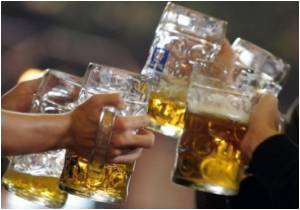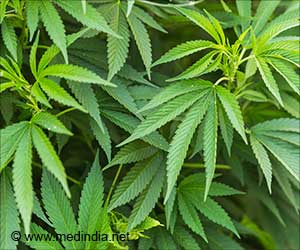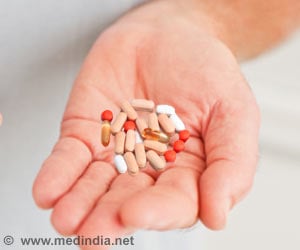Binge drinking in college can increase a healthy adult's risk of developing cardiovascular disease later in life, says study published in Journal of the American College of Cardiology.

College students age 18 to 25 years old have the highest rates of binge drinking episodes, with more than half engaging in binge drinking on a regular basis. Prior studies have found that binge drinking among adults age 40 to 60 years old is associated with an increase in risk for stroke, sudden cardiac death and heart attack, but the effect on younger adults has not been studied.
Researchers looked at two groups of healthy nonsmoking college students: those who had a history of binge drinking and those who abstained from alcohol. Binge drinking was defined as consuming five or more standard size drinks (12 ounces of beer, 5 ounces of wine, 1.5 ounces of 80 proof spirits or 8-9 ounces of malt liquor) in a two-hour period for males and four or more standard size drinks in a two-hour period for females. On average, the students who binge drink had six such episodes each month over four years. Abstainers were defined as having consumed no more than five drinks in the prior year.
Students were also questioned about their medical history, diet, history of family alcohol abuse and frequency of binge drinking.
The study found that the binge drinkers had impaired function in the two main cell types (endothelium and smooth muscle) that control blood flow. These vascular changes were equivalent to impairment found in individuals with a lifetime history of daily heavy alcohol consumption and can be a precursor for developing atherosclerosis, or hardening of the arteries, and other cardiovascular diseases such as heart attack and stroke.
Binge drinkers were not found to have increased blood pressure or cholesterol, which are well-established risk factors for heart disease; however, both high blood pressure and cholesterol cause changes in vascular function similar to what the students demonstrated.
According to the investigators, more research is needed to determine if damage caused by binge drinking in young adulthood can be reversed before the onset of cardiovascular disease and to determine the timeframe for onset of disease.
 MEDINDIA
MEDINDIA




 Email
Email










